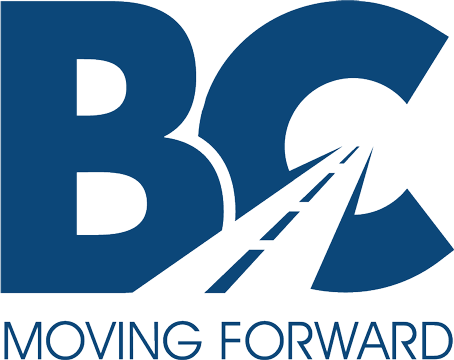The role of a school board member is both critical and varied. A board member’s primary responsibility is to establish policies that ensure our public schools are efficient and effective in maximizing opportunities for student success. Understanding the role of a board member is important for fostering a well-informed community and promoting a healthy district culture that is focused on supporting overall district success. Continue reading to understand several key duties of school board members.
Governance and Policy Setting
One of the main responsibilities of a school board is to create policies which guide the district's operations to ensure that our Students Matter Most. This includes setting educational goals and ensuring compliance with state and federal regulations. Board members should work together to create policies that reflect our community's values and educational priorities, with the end goal being to provide high-quality learning experiences for ALL students.
Budget Approval and Financial Oversight
Financial stewardship is a key part of a school board member's role and a critical component of Shared Accountability in terms of our district’s funding. The board approves the district's budget, making sure resources are used in a way that supports educational programs and services. This involves making difficult decisions about funding priorities, always with the goal of maximizing student success and being fiscally responsible.
Community Engagement and Advocacy
School board members practice Service Before Self by helping support relationships between the school district and its community. Through the Superintendent, board members work to provide stakeholders with connections to school or district staff - allowing for opportunities to give input and problem solve. This role also involves advocating for the district at the local, state, and national levels - working to increase funding and support for public education.
Ensuring Accountability and Transparency
Transparency and Shared Accountability are critical qualities of school board members. They are tasked with making sure the district operates in a clear and fair manner. This includes holding meetings in accordance with open meeting laws, providing public access to information, and holding the district accountable for meeting its educational goals.
Strategic Planning and Vision Setting
Being Future Focused through long-term strategic planning is vital to a school district’s long-term success. Board members should work together to create and follow a vision for the future, while considering how their decisions may impact the district for years to come. They also set strategic priorities that guide district decision-making and encourage Proactive Innovation. This forward-thinking approach ensures the district can adapt to new educational needs and challenges.
Hiring and Evaluating the Superintendent
The school board is responsible for hiring the district’s superintendent when a vacancy exists. When hiring a superintendent, board members must consider the district's strategic priorities and ensure the selected candidate aligns with this future vision and the philosophy that Students Matter Most. Additionally, the board conducts yearly evaluations of the superintendent's performance, and gives feedback to help support their leadership.
Addressing Common Misconceptions
There are several common misunderstandings about the role of school board members. It's important to understand that board members are not involved in the day-to-day operations at either the school or district level nor are they involved in making administrative decisions. Specifically, board members are not permitted to influence or be directly involved in personnel decisions (such as hiring, disciplinary action, etc.) These tasks are the responsibility of the superintendent, district administrators, and/or school staff. Instead, board members focus on making policies to ensure the district is focused on strategic priorities and complies with regulations.
Conclusion
The work of a school board member is both challenging and rewarding, requiring a strong commitment to the educational welfare of the community for now and into the future. By understanding the responsibilities of Board Members, the community can better support Board Member efforts and help our public schools succeed. For more information, the Kentucky School Boards Association (KSBA) offers detailed guides and resources that further explain the functions and duties of school board members.
For more information, please refer to the following resources:
- Roles of the Board and School Councils - bit.ly/ksba-roles
- KSBA School Board Leadership Guide - bit.ly/ksba-leadership
- KSBA School Board Election Resources Guide - bit.ly/ksba-election

